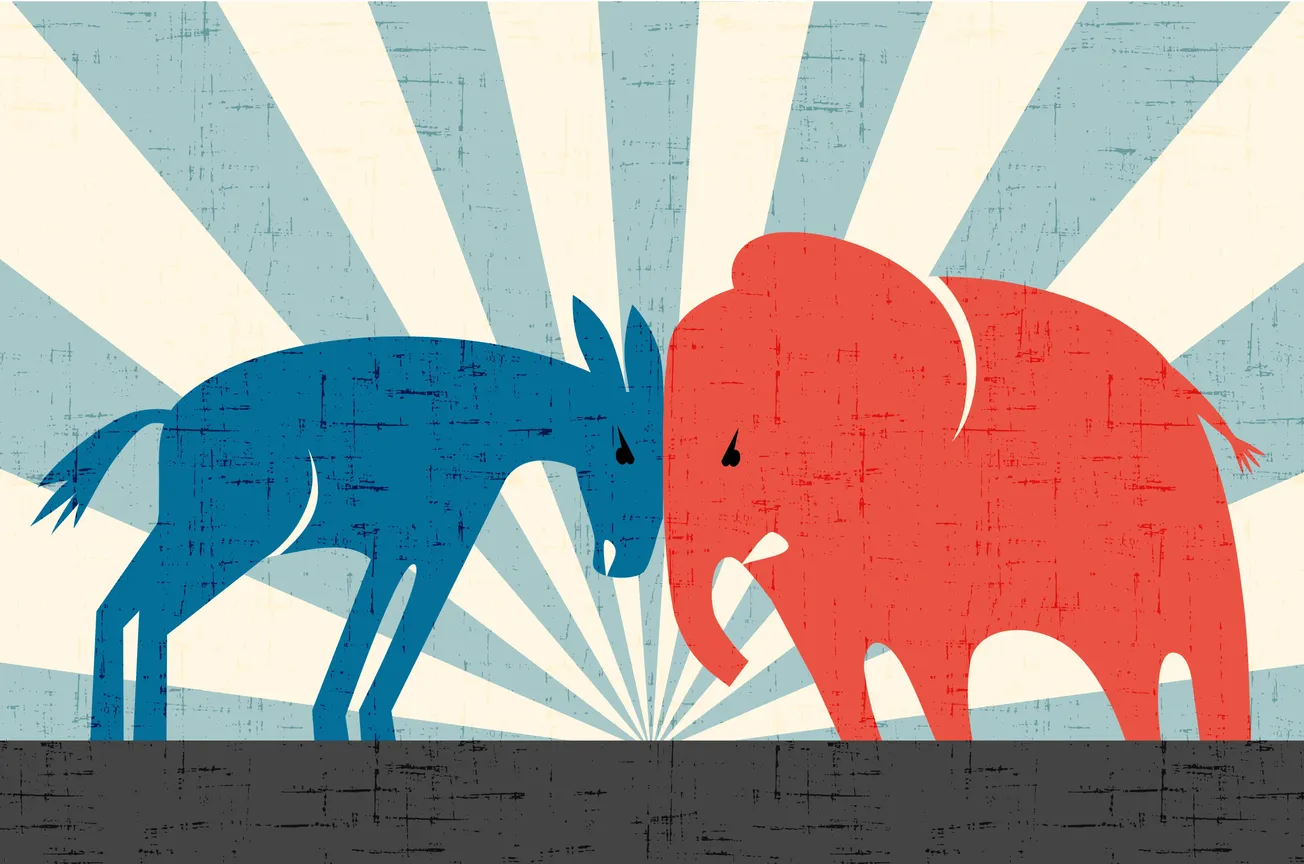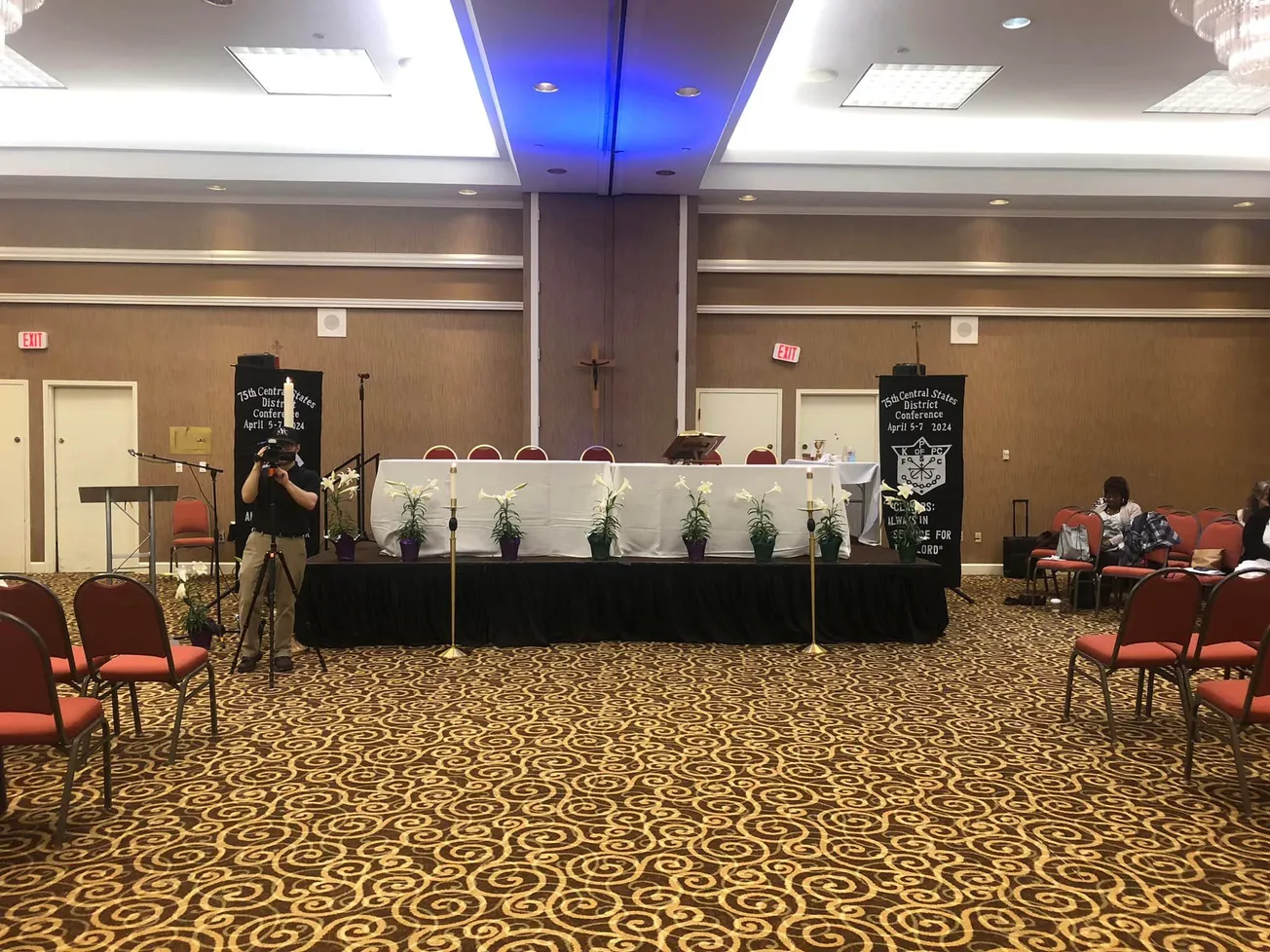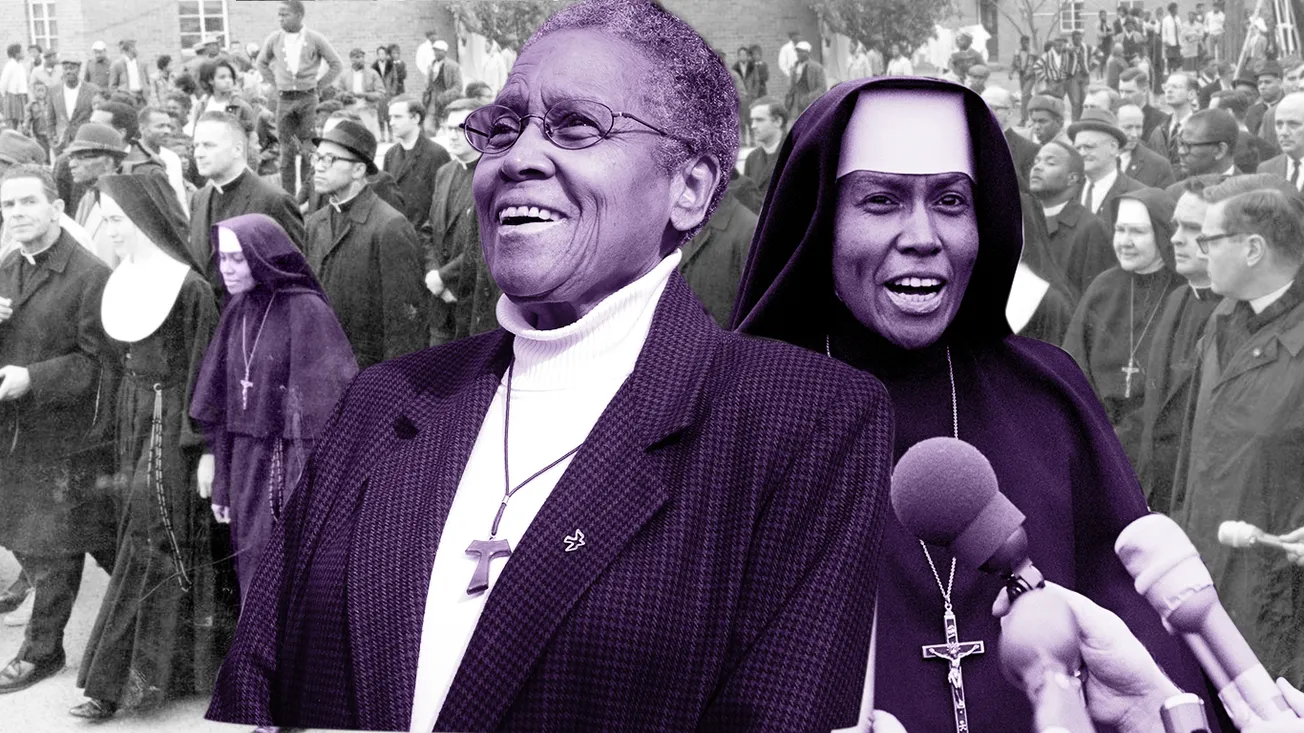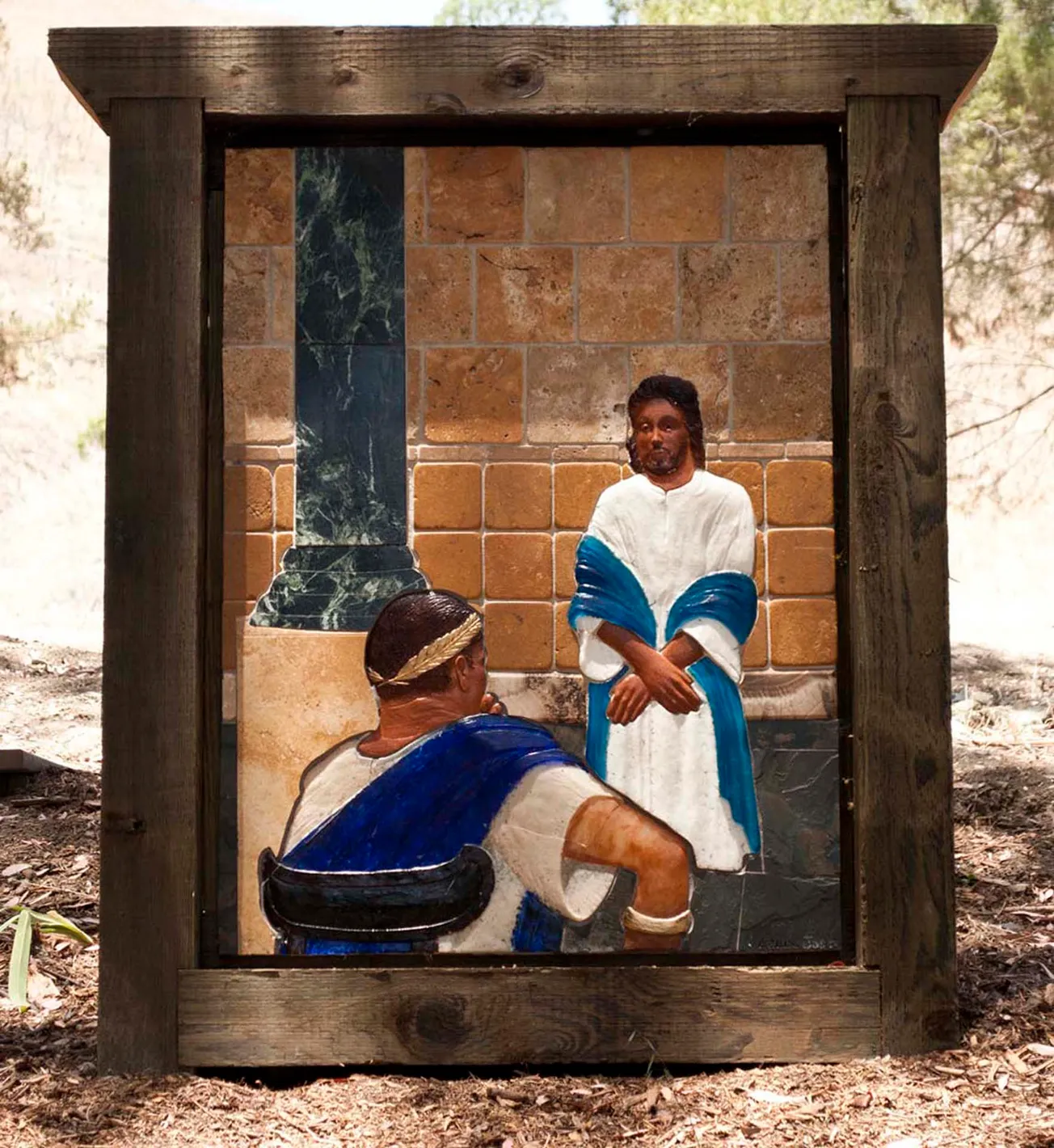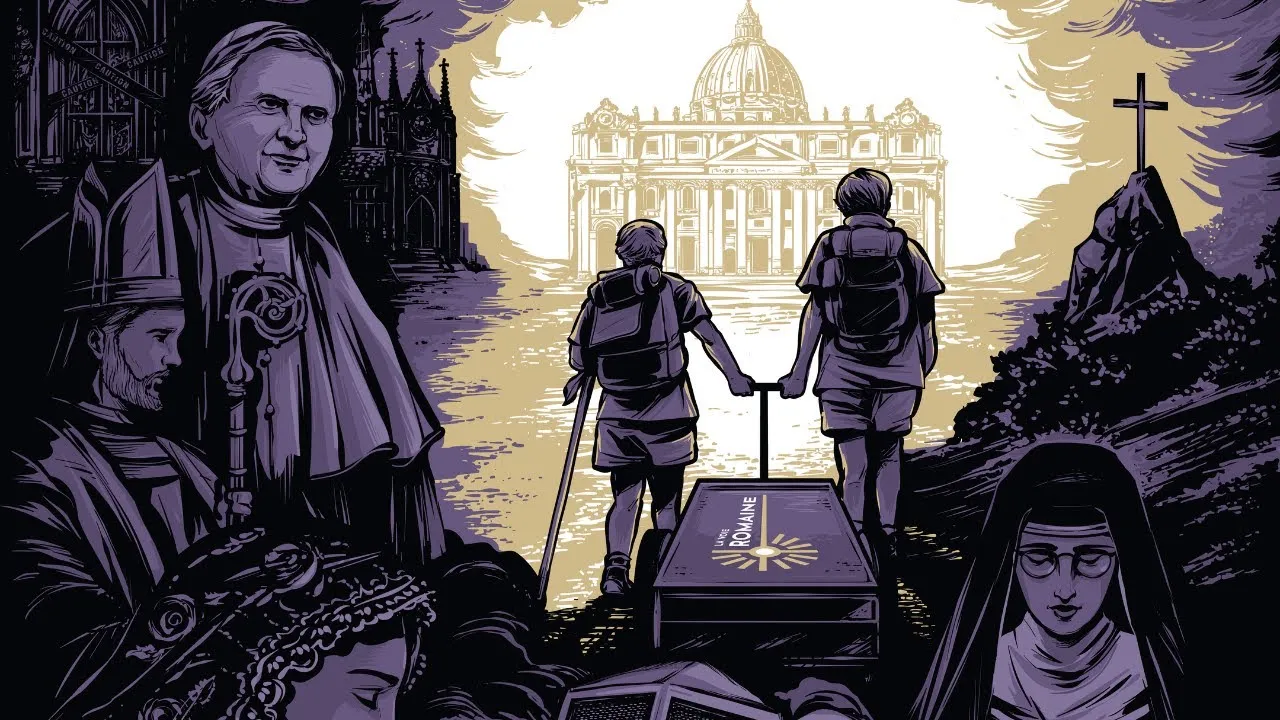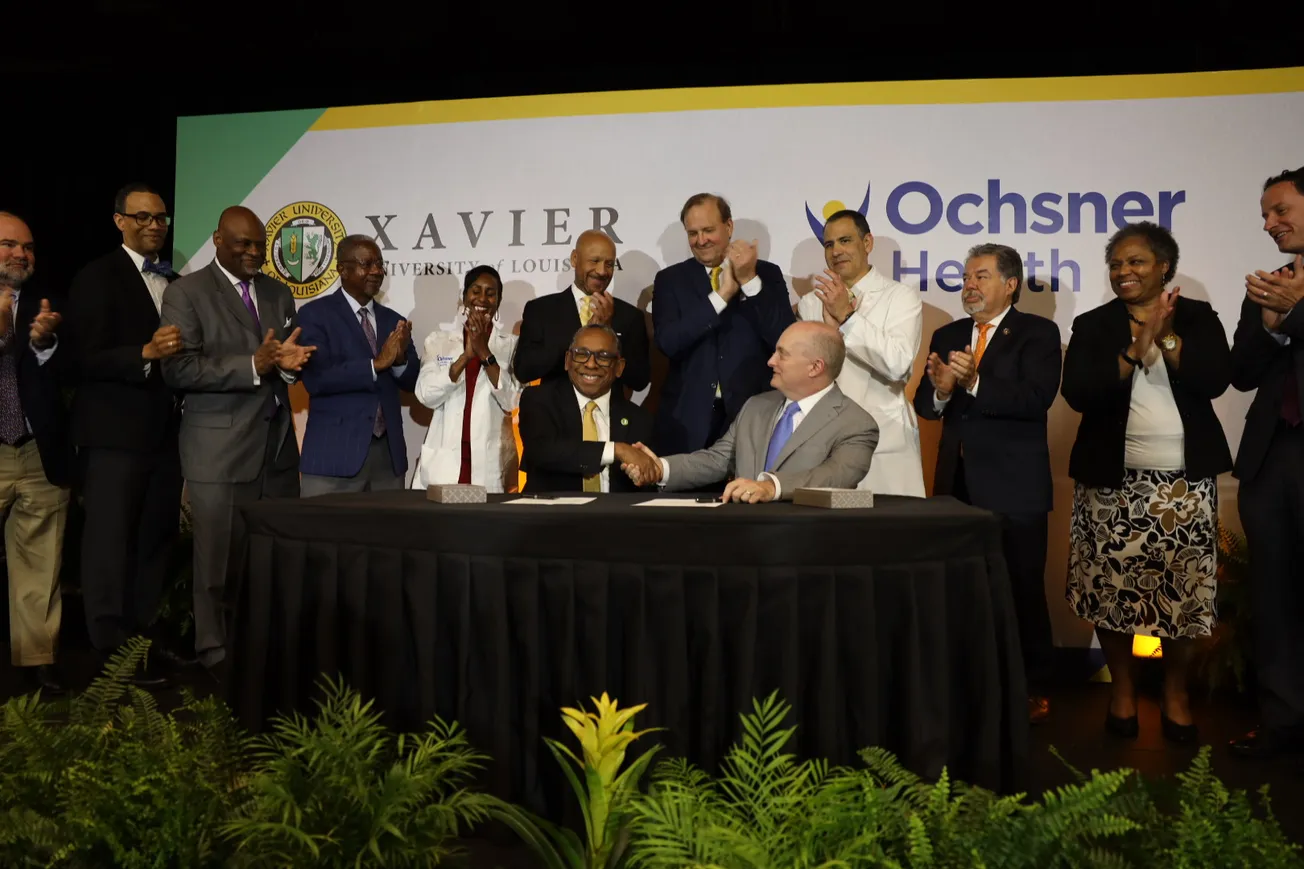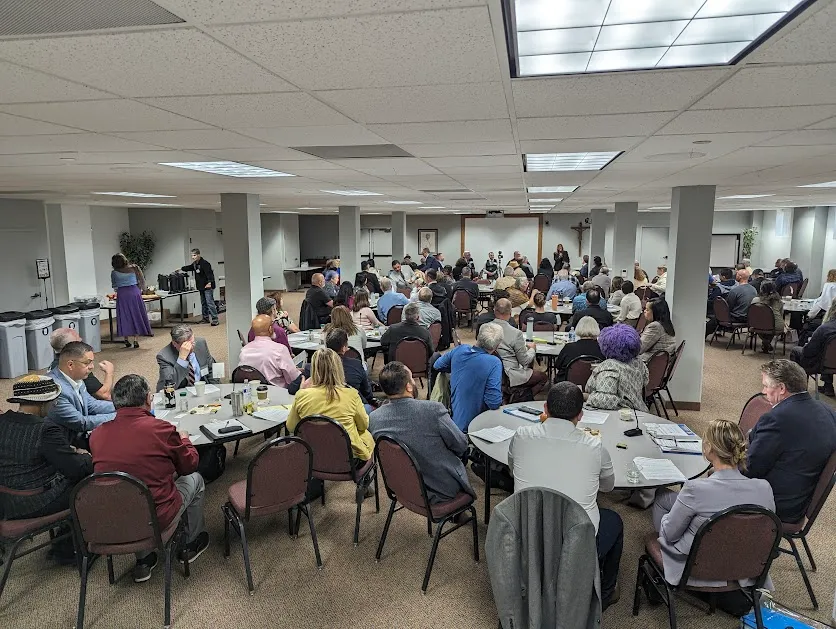Recently, someone made a comment to me that I had equated the conservative movement with being Republican, and that I was excluding Democrats from the discussion. Little did they know, I grew up in a Black Catholic household with conservative parents who nevertheless did not fit in stereotypical political boxes. They believed in God, had strong faith values, and wanted a safe community with good schools and economic opportunities for themselves, their children, and their neighbors. They wanted the same things that Caucasians wanted, and people of other races that lived in our neighborhood and throughout our city. They were conservatives, but they were not Republicans. Many of their friends were the same.
Why were they members of the Democratic Party? Well, Democrats like President John F. Kennedy had helped with the Civil Rights Movement and were providing pathways for Black Americans to have better opportunities and equality. Republican leaders like President Richard Nixon were not very supportive of Black communities and were unwilling to address the issues facing them throughout the nation. Nixon created a “war on drugs” that really wasn’t about drugs. Additionally, Republicans opposed affirmative action programs even though the data showed that racial disparities continue to exist. Since that time, modern Republicans have not made a concerted effort to address these issues either. As a result, it was easy for people like my parents to choose and remain with the Democratic Party over the years, even if the organization was not getting the job done.
Ultimately, Black Americans want the same things as White Americans: a chance to pursue the American dream, that of life, liberty, and the pursuit of happiness. I know that many Black church-going people are Democrats with conservative values. They may believe in a social safety net for the poor and affirmative action, among other more progressive policies. This does not make people less conservative; it makes them caring, God-fearing people who believe that we should help and love our neighbor as we love ourselves.ᅠ
Jesus Christ teaches us that whatever we do for the least among us, we do for him. So why is it a bad thing to have a social safety net in place for the poor? Why is it a bad thing to try and level the playing field in education, housing, and business? As Christians, we do not want to see people living without homes or children lacking proper nutrition or clothing. Do we want to continue separate but unequal schools and communities? We should want for other people what we want for our families.ᅠ
People with other religious beliefs and political backgrounds also have similar values. A desire to help people should come from within. Even Republican president George W. Bush was considered a compassionate conservative and he created efforts to help those in need, whether it be through faith-based initiatives or special legislation. However, it appears that compassion has disappeared from the conservative movement.
The sad thing today is that it is difficult to gauge what true conservatives believe. Candidates will say whatever they think will get them elected, even if their track record does not align with their speeches. The race to remain in office has elected officials voting with their party even when it means voting against what they personally believe. TV political pundits make millions by promoting division and separation between liberalism and conservatism, and how it is wrong to be one or the other. Why can’t a person have conservative values and liberal social mores, and vice versa?
For example: at one time, conservative fiscal policy involved balancing the books and operating without continual deficits, using tax increases and spending cuts where necessary to avoid deficits. Conservatives supported less government and minimal government interference in the lives of the citizens. Senator Mitch McConnell, President Donald Trump, and recent Supreme Court decisions have changed this direction. When in power, Republicans selectively pass legislation that is similar to what progressive Democrats pass: the major difference is that Republicans say one thing publicly, then quietly do the opposite.ᅠ
From my perspective, spending money on social programs and/or tax cuts are both liberal actions. It is liberal to give tax cuts, no matter how you justify them. Tax cuts are a liberal giveaway. If politicians are giving away resources to the rich or to the poor, it is a giveaway, so let’s be honest about it. The main difference is that the poor need the social programs and education and training opportunities that come from these efforts. The wealthy do not need the money. The media has helped create the binary mindset that you are good/bad if you are a liberal that wants to give resources to the poor, and you are good/bad if you are a conservative that wants to give tax cuts to the wealthy. I ask my questions to stimulate the heart. What would Jesus do in this situation? How would he advise our nation’s leaders? Who would Jesus vote for?
We are missing the point of what the government should be doing: ensuring a level playing field so that all Americans can enjoy the national dream. It isn’t easy, but we can at least give an effort without demonizing one another. This type of behavior is divisive and does not make much sense. The goal should be to uplift people the way Jesus uplifted us all. We can do that as liberals or conservatives. We can be united and genuinely care for people or divided and focus on keeping some people down while others take the spoils. All the current divisiveness does is add to the national debt while expanding the friction between political parties as well as everyday citizens and families. There are some blood relatives who do not even speak to one another because of their differing political beliefs. The situation worsens every year and with every election cycle. We can do better!
The Preamble to our Constitution is as follows:
“We the people of the United States, in Order to form a more perfect Union, establish Justice, insure domestic Tranquility, provide for the common defence, promote the general Welfare, and secure the Blessings of Liberty to ourselves and our Posterity…”
Take notice of the opening line. “We the people.” It does not address Democrats or Republicans, liberals or conservatives. It represents all Americans. The time has come for us to return to our united roots and work together so that the words in the Preamble foreshadow the future.
At the end of the day, people make decisions. As Americans, we should focus on choosing what is best for our nation. To do so, we should remain open-minded on opposing viewpoints, rationally discussing points of view, respectfully agreeing or disagreeing with others, and negotiating compromise where it is beneficial. If we can get back to civil discourse and stop focusing on winning or losing power, Republicans and Democrats, conservatives and liberals, will be more effective as they focus on what they can get done, rather than fighting over what they cannot.
If elected officials take this approach, most communities and school districts would be better off—as would our nation.
Ronald E. Smith, Ed.D is a lifelong Catholic who enjoys writing. He is a Rotarian and a parishioner at St. Edward the Confessor Church in Dana Point, California and St. Paul’s Catholic Church in Rubuguri, Uganda. He and his wife Sandy recently founded Friends of St. Kizito Rubuguri Primary School in Rubuguri, Uganda, where they serve as missionaries. He can be reached at resmithinc@aol.com.



